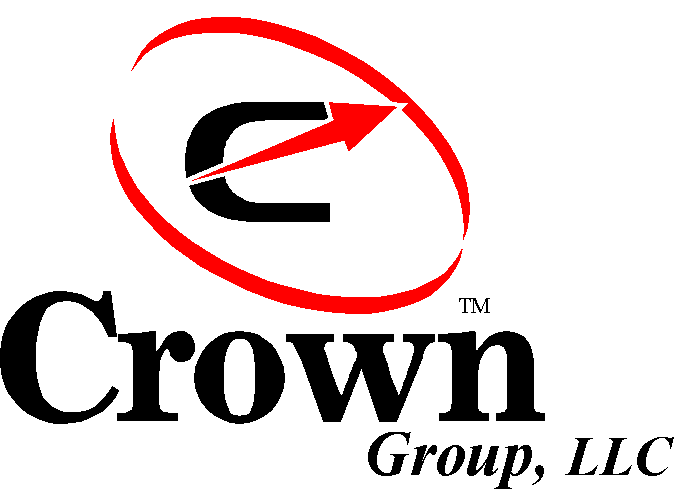
![]()
|
|
|
|
"Nothing will ever be attempted, if all possible objections must first be overcome." Samuel Johnson
Investing can be a very complicated but is also a very important area. However, like most things one should start out small and learn as much as possible to minimize risk and maximize return.
Definition: invest: While most people associate investing "money" to obtain a return. There are other investments that can be personal or can be translated into money. For example you can invest:
Additionally you can invest in:
In reality most people will agree that when investing in a business you are really investing in the PRODUCTS (even if the product is a service action) of that business. For without products you will not have sales and profits to distribute to the investors. Of course the products have to be as advertised to sustain sales and profits. After products Management is probably the next most important item. For management determines the continued availability of good products and financial responsibility of the company. After all the best products cannot survive bad management for very long. For here we will concentrate on the investment of mainly money (time can also be involved) to obtain a "return" or what some say a "return on investment" which many businesses evaluate. What would you consider a good "return on investment?" Most people would consider a consistent long-term return of 10-15% per year as a good return. This means you would double your money about every 7.5 to 5 years. You can obtain a much higher return with my investment. As a very simple review below are a few methods that can and are used to measure a "return."
Business investing takes special knowledge. It is not hard to acquire (there are many resources) but it does take some time and effort. However, most people do not take the time to acquire the basic knowledge to make good investments. In fact most people don't really "invest" they "gamble." You say what am I talking about? Well think about it. How much time and effort do you really think most people spend in investing. Using a company 401K (or similar item) as an example, most people probably look quickly at the company stock, the 3-10 mutual funds offered, pick the one that has done the best and review it every quarter or year. Right? Unfortunately this is the case in most situations. In fact most people spend more time evaluating the purchase of a TV or especially an automobile than they do their retirement savings investments. This seems a bit strange since a TV or car costs a few hundred to say $20,000 but your savings plan could be a few "MILLION DOLLARS" if managed correctly. Why then do people spend this disproportionate amount of time? Because they understand how to evaluate a TV or car but not investments. Seems simple doesn't it. It is but you could learn how to evaluate investments just as easy. It just takes some time, effort and possibly advice. Many people have heard or read that they should be "diversified" in their stock portfolio. There is good and not-so-good associated with being diversified. Most people in the investment community recognize that diversification "decreases" your chance of a large loss (the Enron bankruptcy, GMC, and Bernard Madoff problems reinforce diversification). However, diversification also "decreases" your chance of a large gain. Strange isn't it. What this really means is know what you are doing and pick investments (or more importantly Income Generating Assets) that you have a small risk of loss and have a good chance of a large gain. This is an area you should strongly consider obtaining professional advice but also learn as much as you can so you can tell the difference between a "good" or possibly "bad" investment for you. There are many types of financial advisors. Some require management fees and some receive their fees through your investments. There are pro's and con's with both approaches and you can change later if you want. However, if you do nothing - you will get nothing. As you saw from the Retirement section you should start as early as possible. Also, you should develop investments (like the one presented in this web site) that will not only add to your savings but also produce a consistent, positive cash flow that you can control. Remember many investments are just "savings" plans. Some use after-tax money and some use pre-tax money, but neither produce a significant positive cash flow, until you start withdrawing them many years from now. Types of Investments:
All of the above require specific knowledge but can be very beneficial. Also, in almost all investments (especially in stocks) you, for practical purposes, have ABSOLUTELY NO CONTROL OVER YOUR INVESTMENT! You completely trust the management of the company to grow the company and increase it's stock's value (which then increases the return on your investment in their stock). For instance if you need more dividends to pay for an expense can you realistically call the company an say I need more money, so increase profits and increase dividends? Not likely. That is the advantage of developing IGA's. You can then either develop or expand an IGA to increase your income. With IGAs you have much more control over "your" money. In evaluating any business (or any investment) make sure you have adequate information to make an "Educated" and "Informed" decision. Below are a few areas that you should investigate:
As a rule one should try to move to the "Right Side" (i.e. business, investor) of the income quadrant mentioned earlier. This is where you will have the greatest return and greatest leverage, and greatest control of both time and money. You should develop IGAs that have high return and minimal risk. |
|
Copyright © 1997-2009
Crown Group, LLC
|